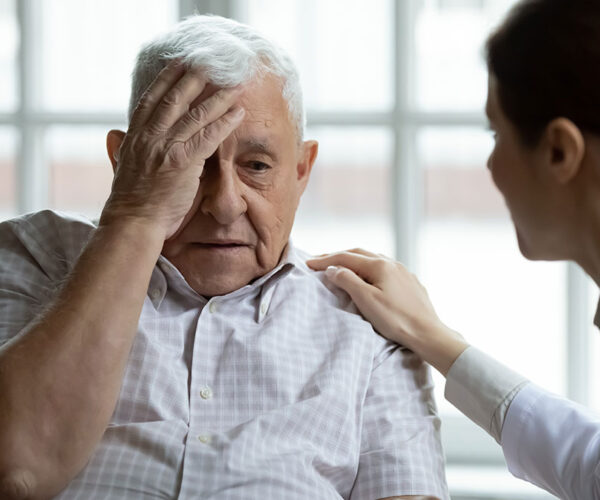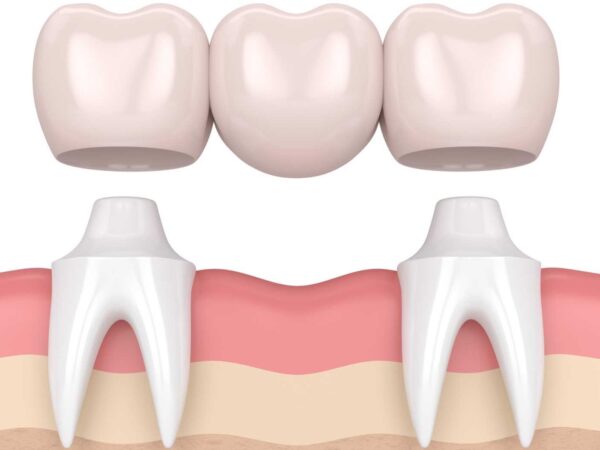Once in a while, you are likely to forget something, say, your car keys or even your coin purse. However, there comes a level of forgetfulness and disrupted cognitive ability that goes beyond normal because it interferes with your normal functioning ability. When you develop such a state, you will likely develop dementia Falls Church, a condition associated with reduced memory, forgetfulness, and difficulty doing complicated tasks. Dementia covers all the diseases that affect your cognitive ability and interfere with your behavior and moods. There is no cure for dementia, but here are a few treatment options to help manage your symptoms.
Medications
Dementia comes in different types, but most have no known cure. Therefore, your doctor will recommend medications to help you manage your dementia symptoms. First, your doctor may prescribe cholinesterase inhibitors to boost your levels of chemicals associated with judgment and memory. The medication can treat Alzheimer’s disease, vascular dementia, and other types of dementia to improve your symptoms. Secondly, your doctor may prescribe memantine to regulate brain function. Other medications can treat depression, hallucinations, sleep disturbance, and agitation.
Therapy
Your doctor may recommend therapy to improve your dementia symptoms. Therapy approaches may include occupational therapy to learn how to cope and keep your home safe. This therapy aims to prevent falls as you manage your behavior. Secondly, your therapist may recommend modifying the environment by reducing noise, thus making it easier for you to focus and think. Also, you may need to hide sharp objects that may threaten your safety and set up monitoring systems so someone can get an alert if you start wandering. Lastly, during therapy, you will learn how to break down tasks into steps that make it easy to focus on and succeed. Simplifying tasks helps to reduce confusion.
Lifestyle Remedies
Over time, your dementia symptoms will likely progress, so your doctor may recommend suggestions to help you at home. First, you may need exercise to improve strength, balance, and cardiovascular health. You will likely lower restlessness, and combined with a healthy diet, you may prevent your brain from dementia. Secondly, you can have a caregiver who will plan activities you love and enjoy doing with you. Activities like painting, singing, and cooking can help you focus on something else and lower dementia symptoms. Thirdly, you will need a nighttime routine where you stay away from noisy television and limit caffeine intake. You can leave the night lights on to prevent disorientation. Lastly, you can plan for the future with your loved one while your dementia has not progressed. A calendar will remind them what you would have wanted to do on that particular day in case your symptoms worsen.
Clinical Trials
You can ask your doctor about ongoing clinical trials. Your doctor may then evaluate you to determine if you can make a good candidate for a clinical trial.
Dementia occurs from damage to the brain cells, affecting your thinking, reasoning, and cognitive ability. Over time, dementia symptoms tend to develop further and worsen. Therefore, an early diagnosis can save you so you can get a treatment plan to help you manage your symptoms. There is no single cure for most forms of dementia, but with management plans like therapy and medications, your symptoms can improve. You can even go for a clinical trial if you are a candidate.




